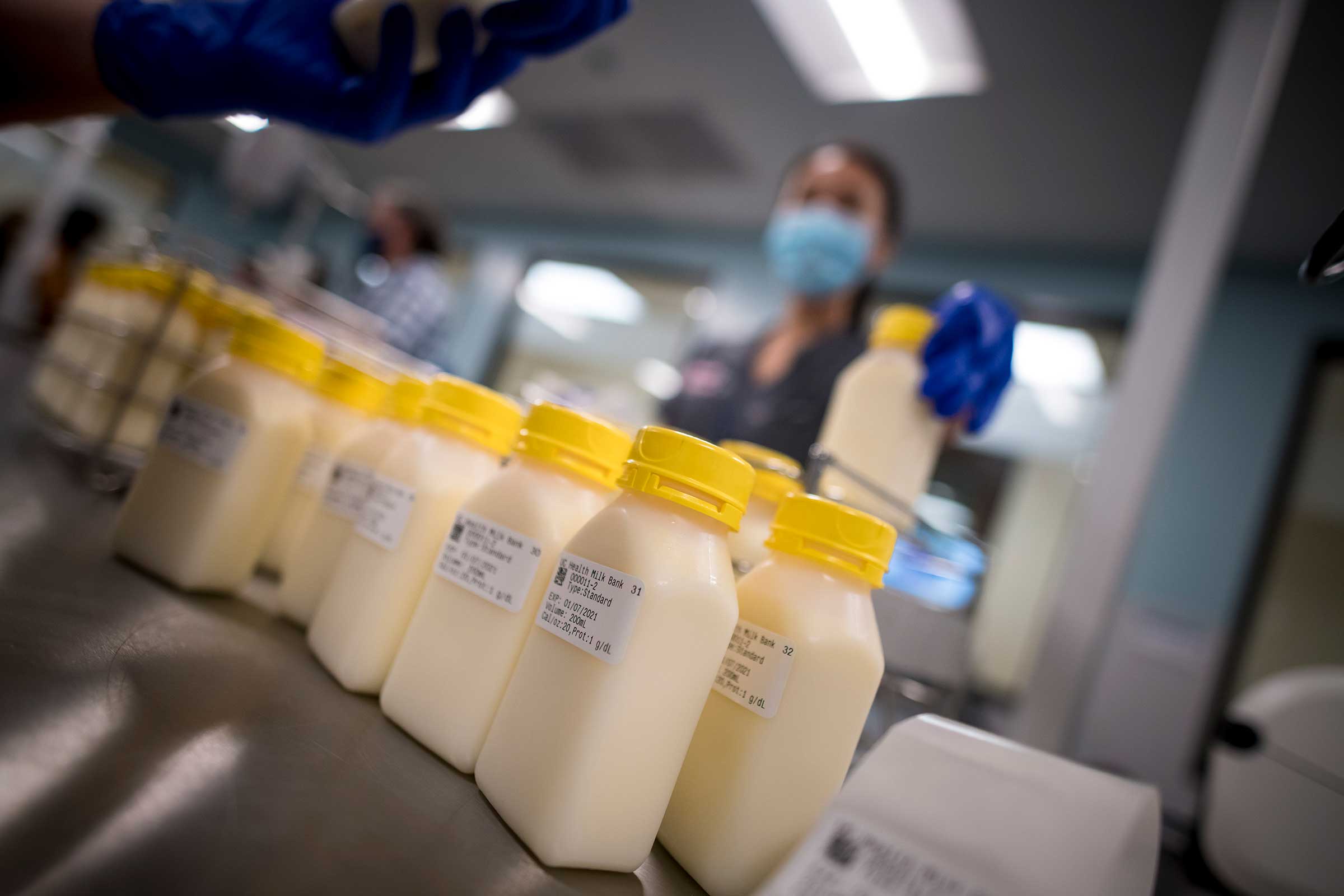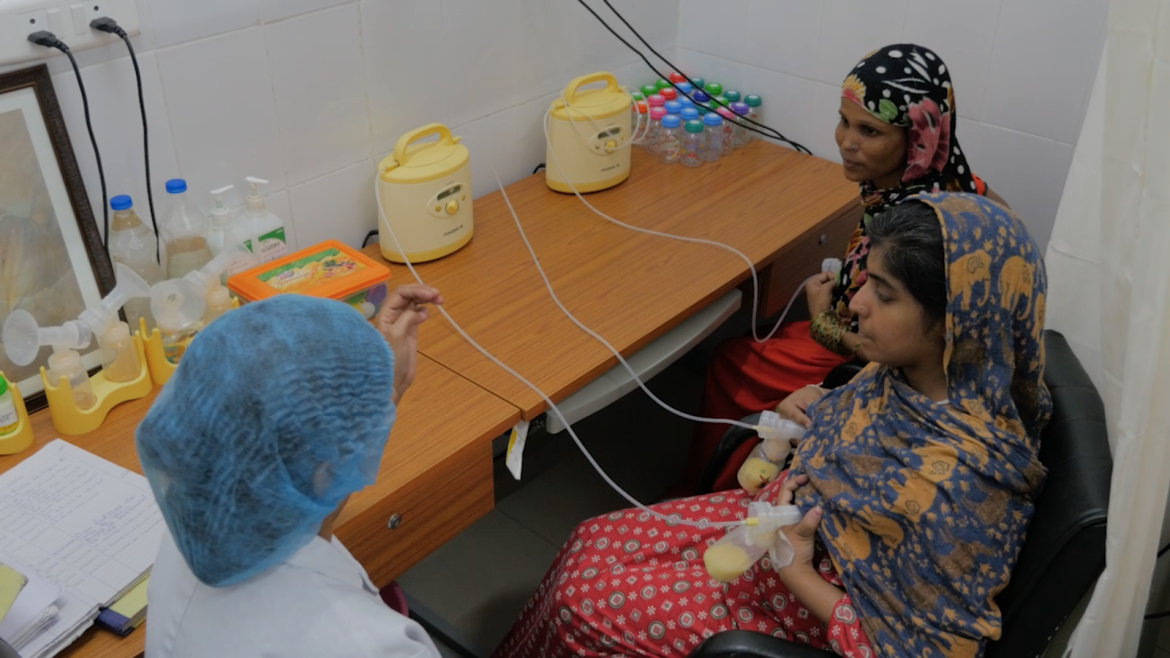- Two weeks ago, Pakistan’s first human milk bank was established in Korangi, Karachi, with the aim of supporting infants who cannot receive their mother’s milk.
- Shortly after the announcement, a wave of criticism emerged on social media, with many individuals arguing that the concept of a human milk bank contradicts Islamic teachings.
- The Sindh Health Department and UNICEF have yet to address the controversy, while proponents emphasize the milk bank’s potential to save lives and improve infant health outcomes.
Two weeks ago, a groundbreaking announcement was made in Karachi, heralding the establishment of Pakistan’s first human milk bank at a hospital in Korangi. The initiative, which was inaugurated by Sindh Health Minister Dr. Azra Pechuho, aimed to support infants who cannot receive their mother’s milk for various reasons. In collaboration with UNICEF, the milk bank was designed to be Shariah-compliant, providing donor milk while adhering to Islamic principles.
Pakistan’s first Human Milk Bank, along with an Early Childhood Center
The initial report highlighted the importance of this facility, stating that Pakistan’s first Human Milk Bank, along with an Early Childhood Center, opened in Korangi, Karachi. The bank, which is Shariah-compliant, was inaugurated by Sindh Health Minister Dr. Azra Pechuho. The bank was intended to offer a critical lifeline to vulnerable infants, ensuring they receive essential nutrients during their crucial early months.

However, shortly after the news broke, a wave of criticism erupted on social media. Many individuals took to various platforms to express their concerns, arguing that the concept of a human milk bank was contrary to Islamic teachings.
While supporters argue it is a crucial service for infant health, religious scholars contend it violates Sharia principles, specifically concerning milk kinship (Rada’a). Despite assurances from the authorities that the milk bank was fully compliant with Shariah law, the backlash continued to grow.
The Sindh Health Department and UNICEF have yet to respond to the controversy and the growing opposition.
Proponents of the milk bank emphasize its potential to save lives and improve infant health outcomes, urging critics to consider the facility’s benefits. They argue that the milk bank operates with stringent measures to track donor-recipient relationships, ensuring compliance with Islamic guidelines on milk kinship.
As the controversy unfolds, it highlights the complex intersection between modern healthcare initiatives and religious beliefs in Pakistan. The future of the human milk bank remains uncertain, as stakeholders from various sectors continue to navigate the delicate balance between public health needs and religious principles.
Women’s Health: Likoria Causes, Symptoms & Treatment. Read the full story here:
Women’s health can be a sensitive topic, but it is essential. While lots of women feel shy consulting doctors, or even approaching their family about their health, we are here to help them in their time of need. One such topic we will be discussing today is Likoria (Leucorrhoea).
Have something to add? Let us know in the comments section below.
For more news and updates, stay tuned to Wow 360.
